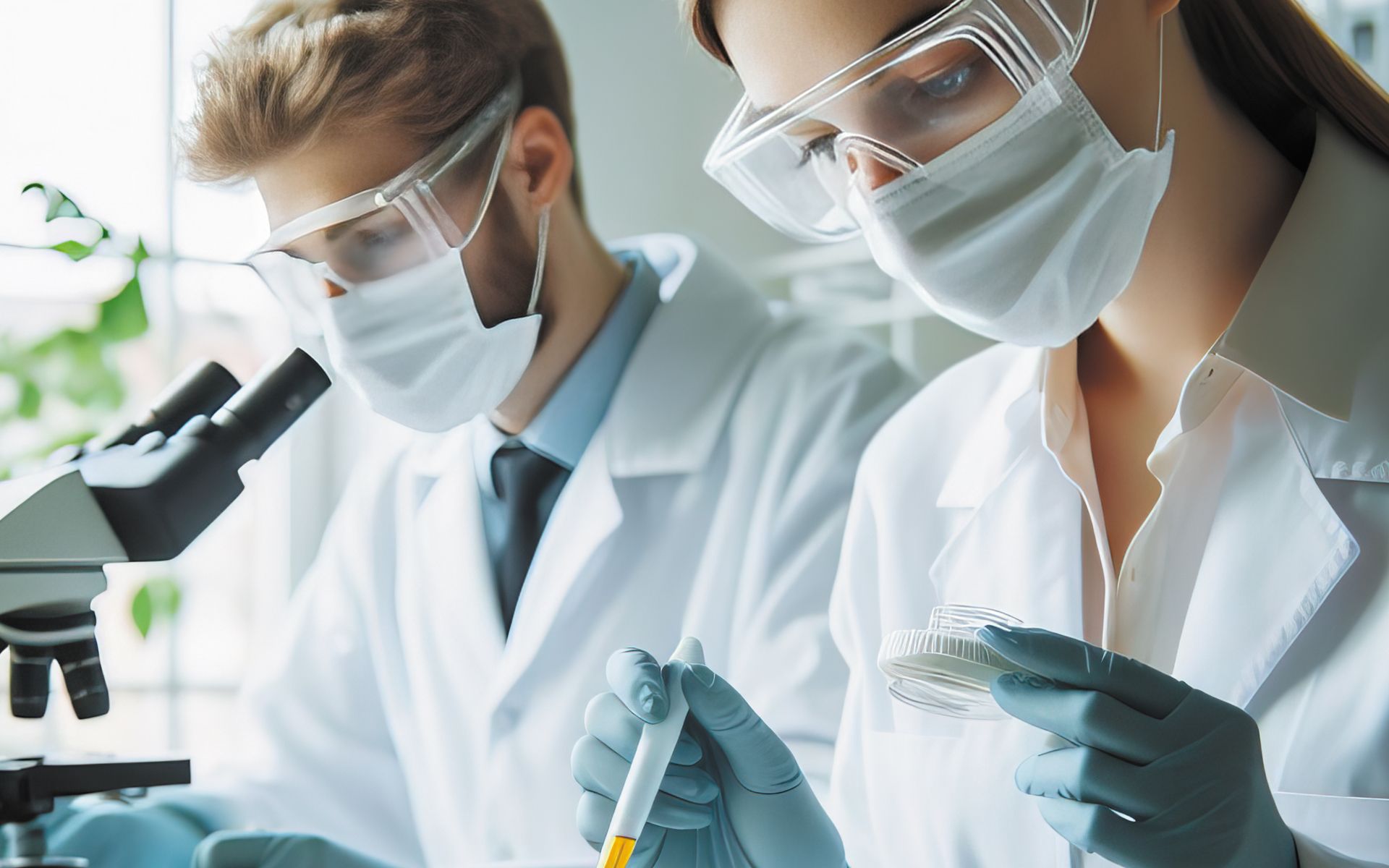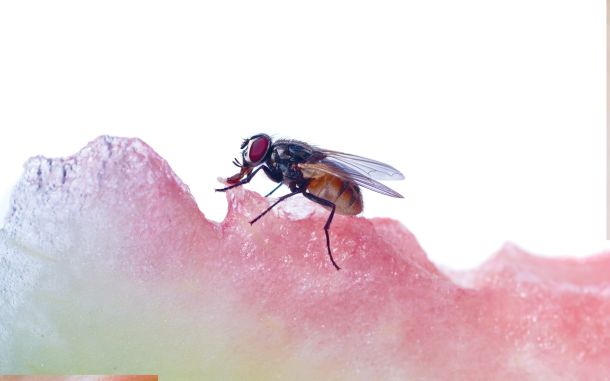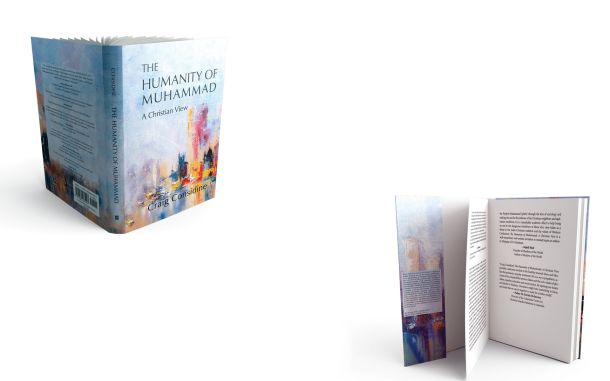Analyzing Drug Formulations and Halal Status of a Drug (2)

In This Article
-
The Global Islamic Economic Report 2020/2021 estimated the value of the global halal product market at around $2.02 trillion in 2019, reflecting a 3.2% year-on-year growth.
-
In a study by Sarriff et al, out of 221 pharmaceutical products in the categories of cardiovascular, respiratory, and endocrine medications, only 63 were suitable for assessment of their halal status.
-
Chemical analysis is crucial for verifying and authenticating halal products, but this method doesn't address all non-halal aspects, particularly those unrelated to chemistry, such as the slaughtering system.
People all over the world, rely on modern medicine to cure diseases. Whether it is a simple painkiller for a headache, or medication needed for a chronic disease like hypertension, we are using medications produced by the current pharmaceutical industry on a regular basis. While consuming these medications, followers of certain faith traditions want to make sure that these medications do not have any ingredient that is unlawful in their tradition. Muslims, who constitute nearly a quarter of the entire human population, seek “halal” status of drugs for lawfulness according to Islam.
The word halal is mentioned 30 times in the Qur’an. For example, “O people, eat what is halal (lawful) and good from what is on the earth, and do not follow the footsteps of the devil; for the devil is a real enemy to you” (Al-Baqarah 168). In another verse, “They ask you: ‘What is allowed (halal) for them [to eat]’? It is allowed for you to eat good things…” (Al-Ma’idah 4). Another legal source related to halal consumption is the hadith, Prophet Muhammad’s traditions, peace be upon him. In one hadith, he mentioned the importance of eating halal food by emphasizing that “A believer will be in adherence to his religion as long as he does not eat unlawful food” (Bukhari).
Muslims are also encouraged to consume everything that is pure and clean. Indeed, the word halal is often followed by the word “pure” in many Qur’anic verses. The word pure means “good,” “delicious,” and “lawful.” It usually refers to the hygiene and safety of food consumed by Muslims. The recommendation to consume such hygienic and safe food is clearly stated in the Qur’an: “Eat of the good and halal things provided by Allah. And be mindful of Allah in Whom you believe” (Al-Ma’idah 88). The Prophet is also reported as having said, “God is pure, and He accepts only what is purely good” (Muslim). Islam also encourages medical research to find right medications to treat diseases. In a hadith reported by Abu Darda’, the Prophet said: “Indeed, God has sent down both the illness and its cure, and He has appointed a cure for every illness, so treat yourselves medically, but use nothing unlawful” (Abu Dawud).
Halal pharmaceuticals not only should contain ingredients that are halal, but they should also be produced according to Islamic regulations. Many medications contain ingredients or excipients that are not halal or are manufactured in a manner that is not aligned with Islamic values. There is a general lack of knowledge concerning the halal status of most of the medications. There are also many discussions about what makes a drug (or food, for that matter) halal or not.
The Global Islamic Economic Report 2020/2021 estimated the value of the global halal product market at around $2.02 trillion in 2019, reflecting a 3.2% year-on-year growth from 2018. It has been reported that Muslim spending on halal pharmaceutical products increased from $92 billion in 2018 to $94 billion in 2019. Muslim consumer spending in the pharmaceutical sector is expected to increase by 2.3% from 2019 onwards, reaching $105 billion by 2024.
In a study by Sarriff et al, out of 221 pharmaceutical products in the categories of cardiovascular, respiratory and endocrine medications, only 63 were suitable for assessment of their halal status. These products contained a total of 240 active ingredients and 570 excipients. They have concluded that the lack of information about the product’s constituents was the main factor hindering the identification of halal status. Many manufacturers were not cooperative in providing detailed information about their products in this study. They could not assess 73 out of 240 active ingredients. This was due to the difficulty in obtaining accurate information related to their origins. The percentage of active ingredients categorized as halal, mushbooh (doubtful) and haram was 83.8% (140), 13.2% (22), and 3% (5), respectively. On the other hand, they could not evaluate 54 excipients out of 570 due to lack of information. They found that the distribution of halal, mushbooh, and haram excipients was at 70% (361), 27.3% (141), and 2.7% (14), respectively.
Most of the haram substances had ethanol, which was used particularly in the formulation of respiratory medications. The most common substance categorized as mushbooh was magnesium stearate, followed by gelatin and glycerol. While investigating the halal status of cardiovascular, respiratory, and endocrine medications, interestingly, 23.8% of products surveyed were categorized as haram, while more than half (57.1%) were evaluated as mushbooh. As a rare study made on the halal status of pharmaceuticals, this research shows that there is big gap in this area and there is a need for further investigation and exploration for alternative products.
In Muslim countries, there also lacks sufficient regulations and guidelines published by public authorities for the classification of halal drugs. One such rarity is the Halal Pharmaceuticals General Guidelines, published by the Department of Malaysian Standards in 2012. According to this guideline, products that contain ingredients permitted under Islamic law and fulfill the following conditions are considered as halal pharmaceuticals:
- They do not contain any parts or products of animals that are non-halal by Islamic law or any parts or products of animals which are not slaughtered according to Islamic law,
- They do not contain any ingredients that are najs (impure) according to Islamic law,
- They are safe for human use, non-poisonous, non-toxic, or non-hazardous to health according to their prescribed dosage, not prepared, processed or manufactured using equipment contaminated with najs according to Islamic law,
- They do not contain any human parts or its derivatives that are not permitted by Islamic law,
- During preparation, processing, handling, packaging, storage and distribution, the halal pharmaceutical products are physically separated from any other pharmaceutical products that do not meet the requirements stated in items a), b), c), d) or e) or any other items that
have been decreed as non-halal and najs by Islamic law.
Only pure items may come into contact with halal products. Impure items cause contamination which is prohibited in the halal system. Impure items (contaminants) which are called as filth (najasa) are listed as following:
- Pig (all parts, including skin and bones) both while alive or dead,
- Dog (all parts, including saliva) both while alive or dead,
- Animals not slaughtered according to Islamic ritual rites (dead animals/maytah - all parts),
- Urine,
- Excrement,
- Vomit,
- Blood,
- Pus,
- Untanned animal skin (unprocessed leather),
- Land animals that have consumed more than 50% of their diet of anything of the above (this includes its milk, sweat, and other excretions),
- Any part of a land animal that falls off or is removed while the animal is alive (besides hair).
All materials used in manufacturing of halal pharmaceuticals including starting and packaging materials should be halal. Materials may be from synthetically or naturally derived sources. All najs are prohibited. Also, the consumable and non-consumable packaging and printed materials shall be from any origin that is decreed as halal by Islamic law.
There are many aspects that may affect the halal status in pharmaceuticals:
Gelatin in capsule shells in soft and hard gelatin capsules: Gelatin is the primary ingredient to confer filming property to the thin capsule shells. In the industry of pharmaceuticals, gelatin is used to make soft gel capsules, tablets and serums and also used in injection. There are three sources of gelatin, namely bovine, porcine and goat. For gelatin derived from bovine and goat, the animals must be slaughtered in the Islamic way to conform to halal regulation. Muslims should find alternatives for halal sources of gelatin that come from plant sources for capsules.
Gelatin in parenteral formulation: Gelatin is a standard pharmaceutical stabilizer in the parenteral dosage form. The source of gelatin can be derived from bovine and porcine. Such parenteral formulations include vaccines, antibiotics, anti-inflammatory and anticoagulant drugs.
Alcohol in orally administered medicine: Some medicines to be consumed orally (e.g. liquid or suspension) may contain alcohol (mainly ethanol). There could be two functions of this ethanol in this medicine, either as co-solvent, antiseptic, or both.
Usually, ethanol is present in less than 11 percent of cough syrups and in high concentration (approximately20-30 %) in any tincture preparation. Some Islamic Authorities state that ethanol could be used for medical purposes without saying the limit, as long as the ethanol origin is from a non-beverage, alcohol-making factory. Nevertheless, there are always other medicines for the same indication that do not contain ethanol. Alcohol is mainly used as a solvent, and other good solvents should be investigated as replacements for alcohol.
Alcohol (ethanol) in topical dosage form: Ethanol in topical dosage form pharmaceuticals (lotion, cream, hand sanitizer) is used as antiseptic or penetration enhancers.
Magnesium stearate: Magnesium stearate is mainly used as an excipient in tablet form. It is a lubricant in manufacturing solid dosage forms (tablets, capsules) and some inhaler preparations such as dry powder inhalers of many brands and technologies. It can be derived from either plant or animal origin. Whenever it originates from an animal, the animal must be halal and slaughtered in the Islamic way.
There are some regulations for halal pharmaceuticals in developed countries. For example, according to the United States Department of Agriculture (USDA), in the Food Safety and Inspection Service, if a manufacturer intends to add the word "Halal" to product packaging, the product and facility must be certified by a third-party halal certification agency. If the term "Halal" is utilized without the term "Certified," The Labeling and Program Delivery Staff (LPDS) does not need to approve the label, however, the requirement to be certified by a halal establishment is not waived. Anytime the term halal is applied to any product, it is considered as a legal statement which must be verifiable.
In the current pharmaceutical industry, there is still plenty of work to be done to create consistent awareness around the “halal status” of the medications we consume. We cannot claim that the current pharmaceutical industry is giving sufficient importance to the development of the halal pharmaceutical market. The Muslim population is not giving enough pressure on the industry for awareness, nor are Muslim scientists giving enough effort to make contributions in this area. Another issue is that there are varying opinions of Muslim scholars on pharmaceutical products due to different theological approaches. On the other hand, halal consumers do not know if the ingredients’ names have been masked or considered "proprietary" and therefore undisclosed. Halal consumers rely upon the insight, knowledge base, and expertise of a certifying agency to do the intensive work required. When the halal certification seal is found on a product, the consumer finds confidence via the trust of the organization that backs it. Halal certification agencies focus on 4 core principles when fulfilling their service: sanitation, traceability, integrity, and composition. But it is certain that there is a lack of standardization and quality control for these agencies.
Chemical analysis is crucial for verifying and authenticating halal products. However, it's important to note that this method doesn't address all non-halal aspects, particularly those unrelated to chemistry, such as the slaughtering system.
To sum up, many drug products contain high levels of alcohol or questionable products derived from animals. Every ingredient in the drug must be traceable to be certified halal. Products must not contain any ingredient derived from pig, alcohol, blood, predatory animals, human parts, or insects. Animal-derived ingredients must come from permissible animals slaughtered as per the method prescribed by Islamic law.
Moreover, the ingredients used must be safe for humans and should not be intoxicating nor should they be prepared with equipment contaminated by najis (impurity). During its preparation, processing, handling, packaging, storage, and distribution, halal pharmaceutical products need to be physically separated from any other pharmaceutical products that do not meet the aforementioned requirements.
In conclusion, there exists a significant gap in the pharmaceutical field when it comes to understanding the halal status of a drug. In the Quran, it is stated that “He has explained to you in detail what is forbidden to you ― except under compulsion of necessity” (Al-An’am 111) but Muslim scientists should give more importance to this area and new analytical techniques should be investigated to understand the halal status of pharmaceuticals continuously as there is an increase in the complexity of these consumer products. The development, effects, and results of developed halal pharmaceuticals should be followed in a scientific way. Muslim scholars should also discuss and come to an agreement about a well-regulated and harmonized halal accreditation procedure for pharmaceuticals.
References
- https://www.halalwatchworld.org/10-key-halal-certification-questions-answered
- Sarriff A, Abdul Razzaq HA. Exploring the halal status of cardiovascular, endocrine, and respiratory group of medications. Malays J Med Sci. 2013 Jan;20(1):69-75.
- Achmad Mursyidi, The role of chemical analysis in the halal authentication of food and pharmaceutical products, J.Food Pharm.Sci. 1 (2013), 1-4.
- Malaysian Standard, Halal pharmaceuticals-General guidelines https://law.resource.org/pub/my/ibr/ms.2424.2012.pdf








